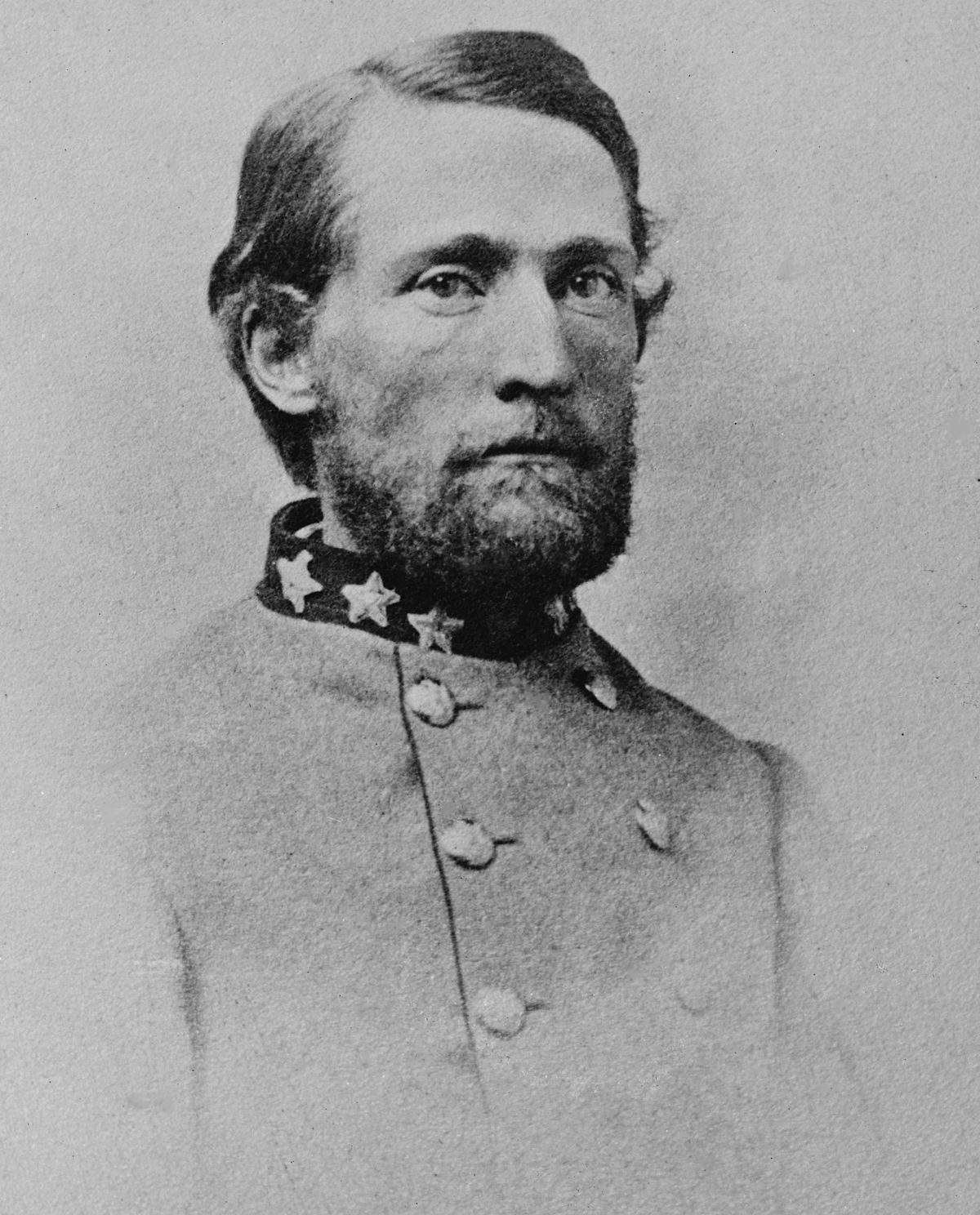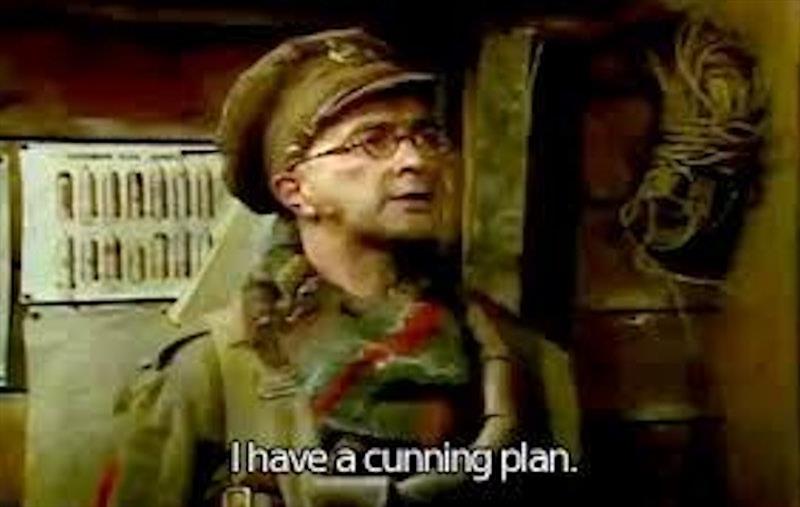"...indeed, Smith had never even been as far west as Chicago, so in a sense his arrival at the convention hall in St. Louis was as much a personal journey of seeing these United States for the first time as it was a political one in which he, just as much as traveling companion Robert Wagner, was emerging as a major player in internal Democratic politics for the first time.
It was no secret that, as in all years, the nomination for the Presidency ran through the powerful, experienced New York delegation, chaired for the fourth and final time by Silent Charlie Murphy, the man who had taken Tammany from a felony-producing graft machine to a more respectable, though still demagogued, political operation. The same rules that had applied for decades to Democratic nominees did so here too - any victorious candidate would seize the brass ring only by winning two-thirds of all delegates present, which gave the numerous but less populous agrarian and mining Western states an effective veto on any nominee [1] but also meant that New York's bounty of delegates were necessary, if the state voted as a bloc as it had in the past, to secure the nomination.
At the past three conventions, this state of affairs had largely benefited William Randolph Hearst, the brash young New Yorker who had served two terms as President and come decently close to a third, thanks to his Western-appealing brand of personalist populism intermixed with East Coast cunning. In 1916, however, the odds of a Hearstian restoration were close to nil. While most Democrats admired him as the north star of the party and its most successful single political figure of the last seven decades, many men had set their own ambitions aside in 1912 to allow him to run a third time and more than a few others blamed him for the loss to Charles Evans Hughes, who was now showering the Liberals with his immense personal prestige in having guided the republic through the gauntlet despite his decision to retire after one exhausting term as a wartime President. Hearst's inability to anoint a ticket of his choice in 1914 in New York, whether a cut-out or himself, had also kneecapped his reputation back home, and instead his role as kingmaker-in-chief was seen as the likeliest way for him to flex his influence in St. Louis, a prospect that Murphy and his young proteges were decidedly unenthusiastic about.
The convention floor was exactly the environment for Smith, who had come to love the type of uniquely American wheeling-and-dealing that was conducted in such a space two years prior as he had stunned New York by brokering Gerard's surprise rise to the Governorship. As news arrived in St. Louis of Atlanta's fall on July 4th and hours later Hughes' address to the Liberals in Chicago confirming rumors that he would not run for re-election, the convention buzzed with activity, with political careers rising and falling within a matter of hours, a cacophony of chaos as Smith and Wagner agreed that a wartime election needed a wartime candidate - if a general could not be found who would leave the field for a different kind of grueling campaign, then the next best thing would be settled on, and a favorite son of New York quickly emerged as their favorite..."
- The Happy Warrior
"...Hodges himself snorted at Norris' quip that "elections are simply questions of arithmetic in the end," and remarked that this held true in the general election as well. In the penultimate Democratic convention that required the near-unanimity of two-thirds votes of the delegates, Norris in his role as an increasingly influential voice of Western interests had to find a man who could appeal to the extraordinarily cliqueish New York crew that had delivered Hearst three straight nominations and to Western Wall, who were increasingly disparate between nervous swing state leaders on the coast (where Liberals had advanced dramatically over the last decade), pseudo-socialists from the Mine Belt who only ever faced legitimate electoral threats from actual socialists, and agrarian populists such as himself and Hodges from the Grain Belt who had traditionally been the voice of the West and were loathe to give up that role.
Arithmetic also dictated that despite the favorite son campaigns of Senators Gil Hitchcock of Nebraska or James Phelan of California, a Westerner could not lead a ticket and was unlikely to see success as a running mate; swing states such as New York, Ohio, Indiana and Illinois were simply far, far too important and bore too much of an electoral bounty. Phelan seemed crucially aware of this, instead running largely to continue the work of his mentor and role model William Rosecrans - who had held the same Senate seat thirty years earlier - in making Sinophobia a mainstream, explicit plank of the Democratic Party platform. This endeavor failed, but language expressing skepticism about Asiatic migration was included in the party platforms of six states, rather than simply California, in large part thanks to his thunderous address on the first day of the convention regarding "the yellow peril in our time." Hitchcock, for his part, never quite forgave Norris for not whipping delegates in his favor to at least enjoy final leverage; Norris responded icily that Hitchcock was too much of a "Bryan man" to be trusted with more political influence and noted that Hitchcock was perhaps worse than any at playing the "game" back in Philadelphia.
Rather, the convention quickly began consolidating around a name pushed not just by young New York apparatchiks like Al Smith or Jim Farley but also senior figures like former Indiana Governor Tom Marshall: former New York Senator George McClellan. The speed with which McClellan rapidly emerged as the front-runner surprised Norris enough that he asked Fitzgerald what precisely had led to him taking off. The answer from the New Yorker surprised him - that essentially nobody else had wanted to run against Hughes when it was an open question what the President would do, and McClellan had accumulated a murderer's row of supporters over the spring while it seemed like it was a fool's errand to take the plunge. McClellan's calculation, essentially, was that he could run an honorable losing race (and most Democrats agreed that it was unlikely that the Liberals would lose), wait for the inevitable postwar struggles of a second Hughes term (or, in the end, Elihu Root's term), and then run again in 1920 on a platform of essentially asking voters whether they regretted rejecting him four years earlier.
As a candidate, McClellan was attractive. He had been a two-term Senator who gave up an easy re-election to serve in the war on General Farnsworth's staff, eventually promoted to colonel on his own merits, though he had served nowhere near the front lines. His father had been a senior officer in the War of Secession and later on a key figure in Democratic politics both nationally and in New Jersey, serving as governor of his home state as well as Secretary of State under both Seymour and Hoffman. He was thus something of party royalty going back decades, his Presidential ambitions stymied at first only by his deference to Hearst in 1912; the former President had not forgotten, and as such McClellan enjoyed the support of both the pro-and-anti Hearst wings of the Democratic Party. And most importantly, he was game and willing to sacrifice in a run for a job that promised to be so thankless that Hughes, whom Norris resented for his retirement leaving his party in the hands of "lesser men at the most critical hour,"
Norris saw clear limitations in this even as McClellan placed first, with a narrow majority, on the first three ballots and it became obvious that with concessions he would be the nominee. McClellan was a dull personality and was known on policy to be on the right flank of the party; hardly an inspiring choice for anything other than an honorable defeat when others were skeptical, and Norris doubted that in four years anybody would come back for him, either within the party or the general electorate. As such, the move to make, as he described it to Hodges, was to extract every concession possible from McClellan today in the party platform to secure him the West's delegates over figures such as the dogged but clearly declining John Kern, and thus deliver McClellan a united, but more progressive, party. As such, McClellan's people were forced to swallow planks that for the first time announced a Democratic Party decisively in favor of nationwide women's suffrage (thought to have been a factor in McClellan losing some working class votes in otherwise Democratic precincts), a constitutional amendment to end child labor (a longstanding priority of Kern), the expansion of worker's protections beyond the partial-fault compromise Norris had forged with Hughes, the permanent nationalization of the the railroads after the wartime emergency was over, and countless other smaller progressive priorities. Thanks in large part to the efforts of the diminutive Nebraskan, the Democratic platform of 1916, despite a fairly conservative and anodyne candidate at the top, represented a tremendous shift left from even the late Hearst years and the Common Cause. Further cementing this shift was the nomination of Ohio Senator Newton Baker, a protege of late former Vice President Tom Johnson, as McClellan's running mate. The New York-Ohio axis reformed as it had been in 1904, the Democrats had their nominee to face an identical state lineup of Elihu Root and James Garfield from the Liberals, and Norris had cemented himself yet again as the man who could not be counted out when opportunity presented itself..."
- The Gentle Knight: The Life and Ideals of George W. Norris
[1] As with the OTL South under this rule

